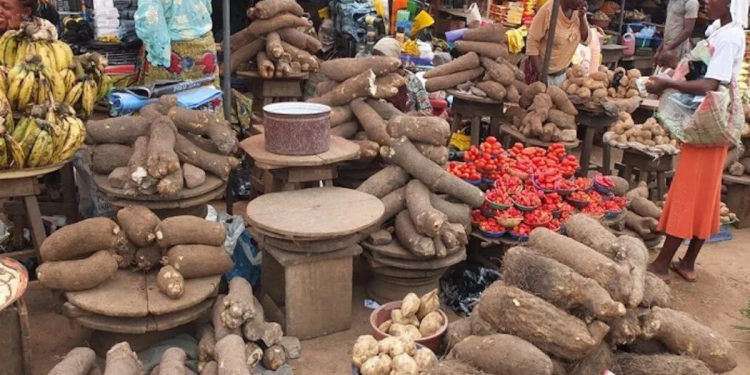
Inflation rises to 21.82% amid cash, fuel shortages
Nigeria’s headline inflation rate increased from 21.34 percent in December 2022 to 21.82 percent in January 2023, according to data released by the National Bureau of Statistics on Wednesday.
Category

Nigeria’s headline inflation rate increased from 21.34 percent in December 2022 to 21.82 percent in January 2023, according to data released by the National Bureau of Statistics on Wednesday.
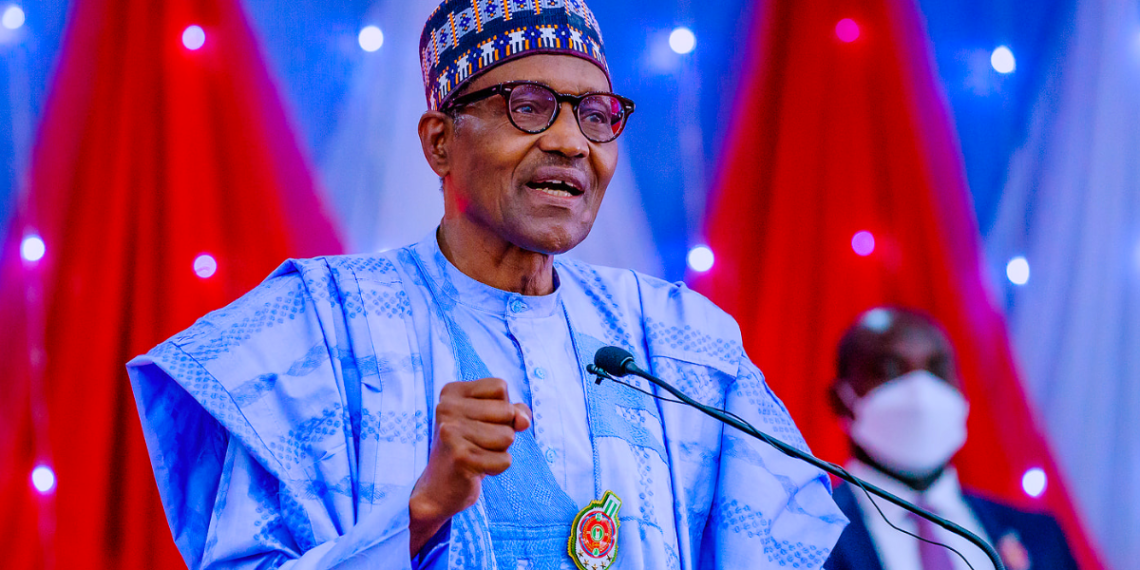
President Muhammadu Buhari has failed to deliver on his promise to resolve naira crisis after seven days.
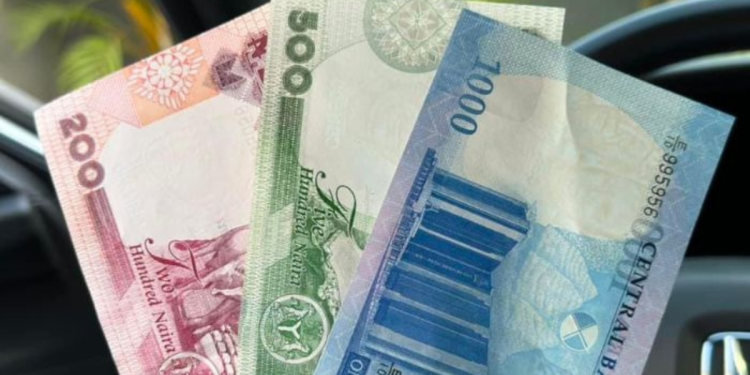
The current cash shortage will likely lead to a drop in Nigeria’s gross domestic product (GDP) growth in the first quarter of 2023, according to analysts.
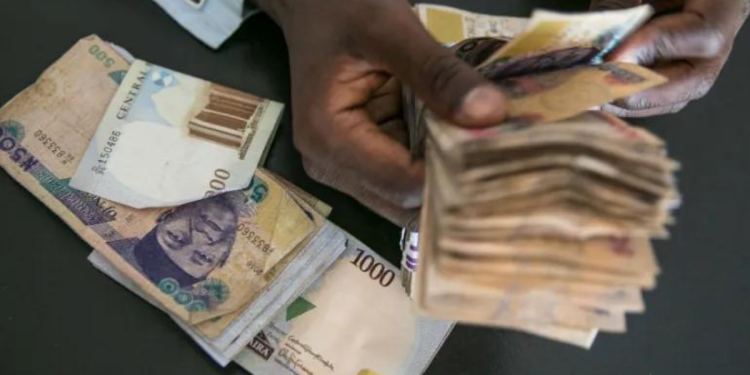
The Central Bank of Nigeria (CBN) says that one of the many reasons for naira redesign is to mop up excess liquidity in the Nigerian economy.
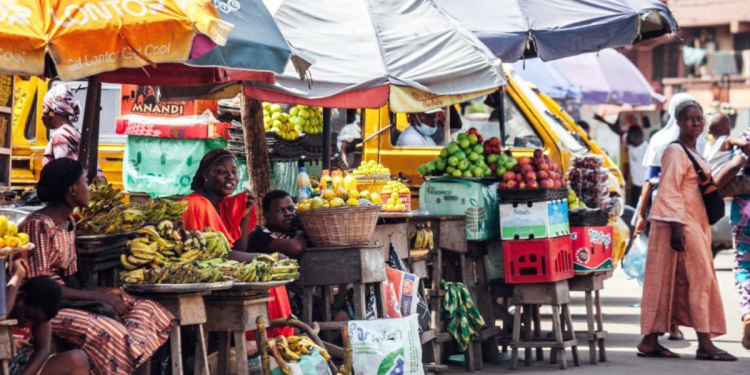
Inflation declined by 0.13 percent in December 2022, but this has an insignificant impact on prices of goods and services.
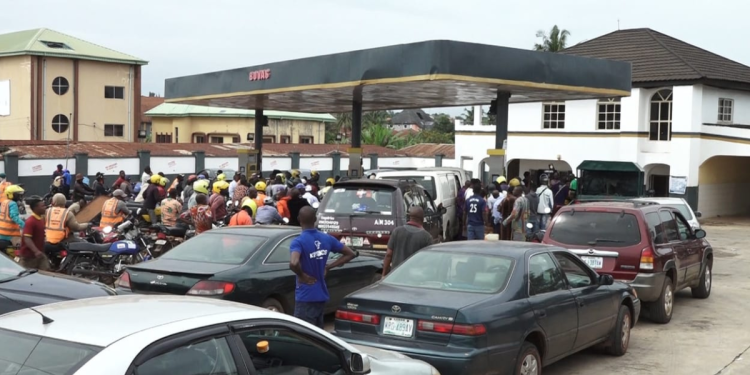
The scarcity naturally led to most marketers selling petrol above the official pump price of N169 per litre. Petrol costs as much as N330 per litre in many parts of the country.
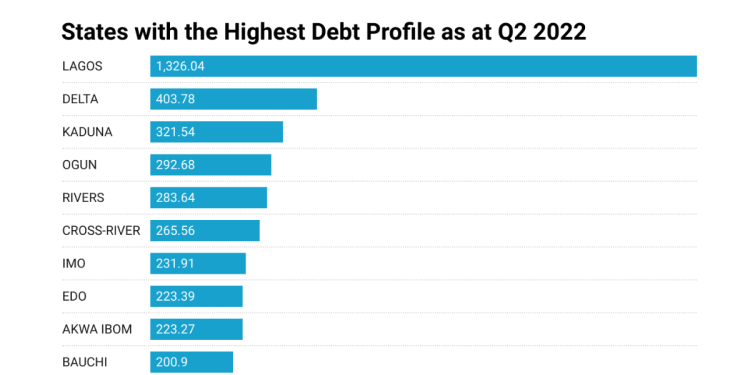
The total domestic debt profile of subnational governments stood at N5.36 trillion by the end of the third quarter of 2022. Though the Debt Management Office (DMO) didn’t give a breakdown of the state government’s foreign debt, state government debt contributed 16.74 per cent of the total debt profile as of June 2022.
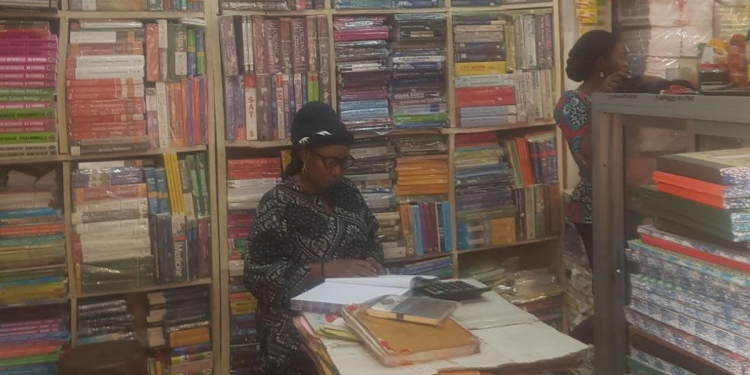
“Whether you make sales or not, you will pay money daily for electricity,” a trader told Dataphyte, revealing that he and his boss (the owner of the business), depending on the business thriving and a lower cost of running the business to live daily.
-1706484466.webp)
N6.46 trillion of the approved N21.83 trillion 2023 budget is split amongst 10 ministries. This means that these ministries got 29.6 per cent of the total budget.
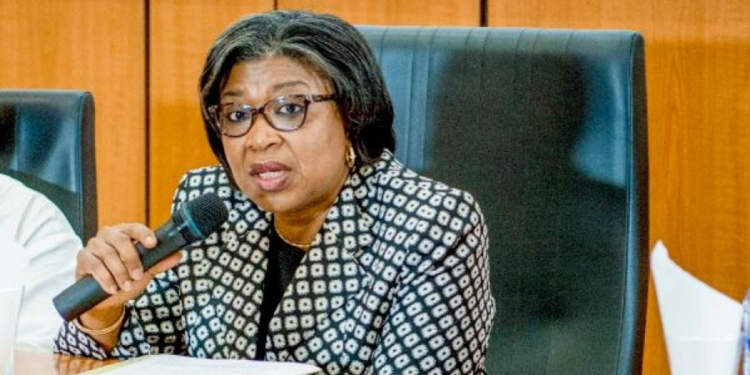
The Debt Management Office, in a press statement, noted that Nigeria’s debt profile could reach N77 trillion by May 2023. The agency pointed out that this is due to the addition of Ways and Means (loans sourced from the Central Bank of Nigeria) totaling N22.72 trillion.
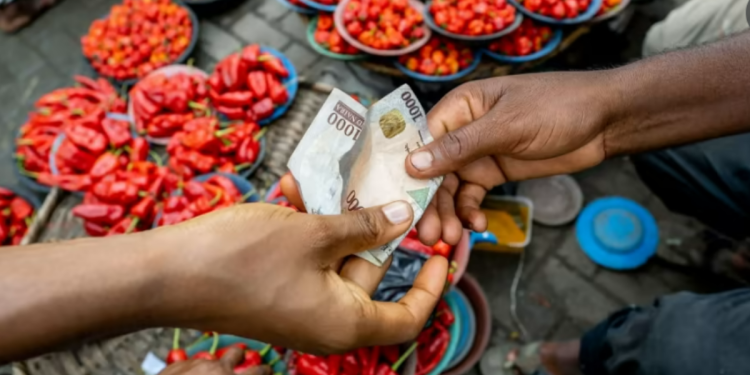
The National Bureau of Statistics reported that Nigeria’s inflation rate in December 2022 was 21.34%. The headline inflation rate dropped by 0.60%, marking Nigeria’s first decline in inflation in 11 months.
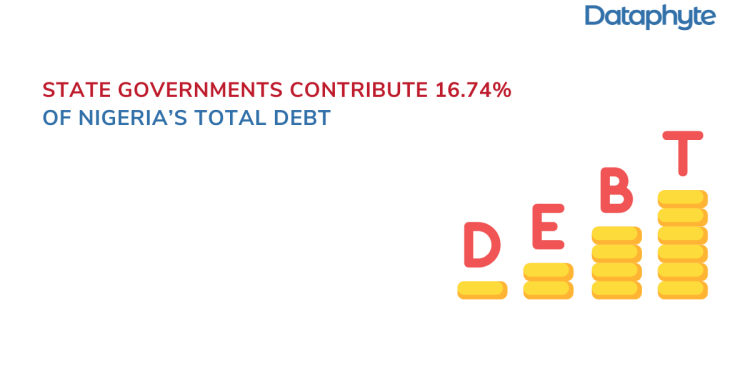
Nigeria’s total public debt rose to N44.06 trillion at the end of September from N42.85 trillion in June 2022.
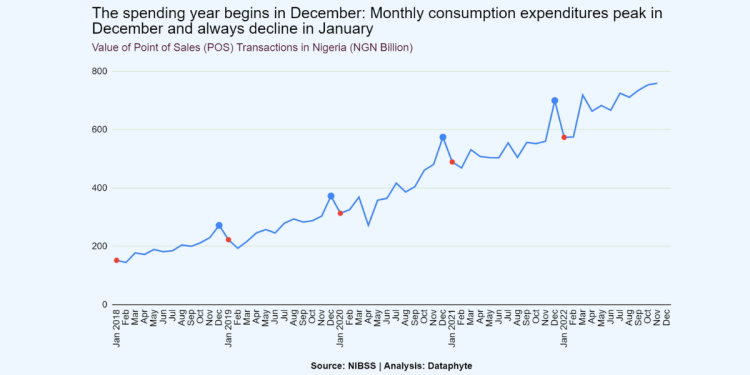
A mix of excitement and expectation fills the air as the world counts down to the last seconds of the year after sunset.
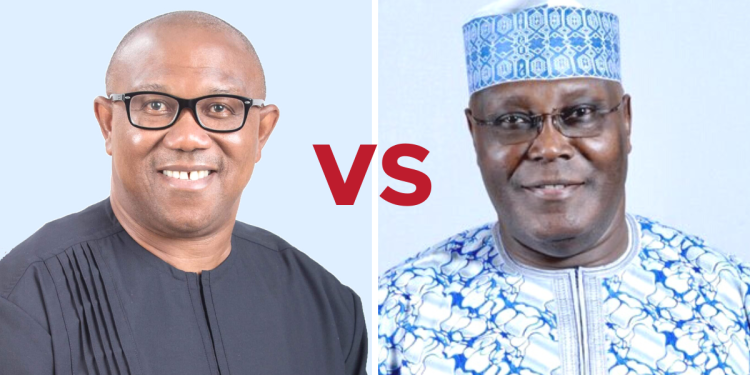
On September 15, 2022, the Anap Foundation released the results of its nationwide opinion poll on the 2023 presidential election conducted by NOI Polls Limited.
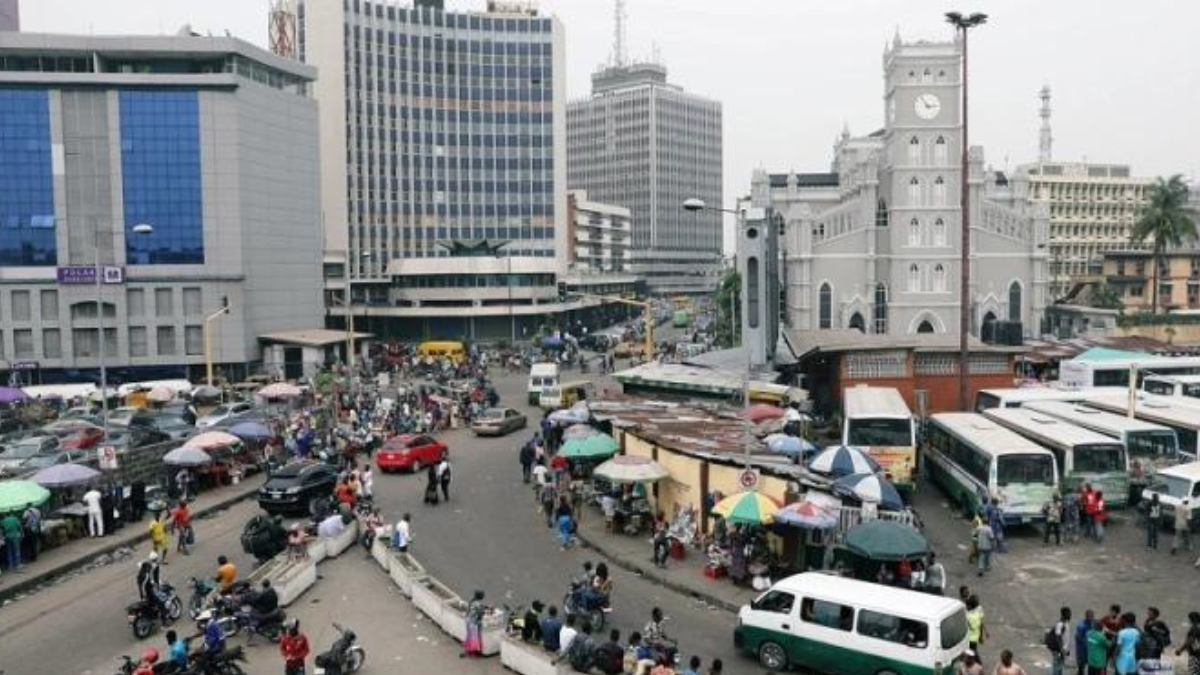
According to the recently released data by the National Bureau of Statistics, the transportation and storage sector was the fastest-growing sector in the economy in Q3 2022.